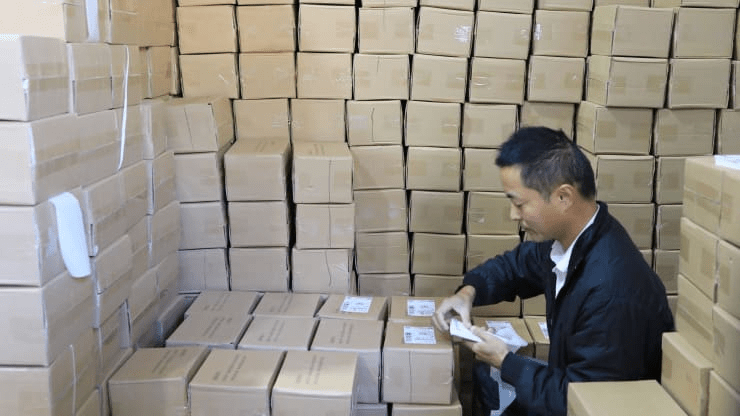Chinese shoppers are buying fewer foreign goods – and it’s not just because of nationalism, says consultant
November 12, 2020 @ 09:37 +03:00
The demand for imported items by Chinese consumers is not as strong as before, according to a partner in management consulting firm Oliver Wyman. “It remains a strong appeal, but there is less appeal for imported products than there was the year before,” said Jacques Penhirin, retail and consumer goods partner at the company’s Greater China office. Foreign goods in categories such as beauty, cosmetics and health supplements are still popular, but demand has fallen, Penhirin told CNBC’s “Capital Connection” on Wednesday. That’s also the case for electronics, where Chinese brands have made a “very strong push.”
He pointed out that there is a “kind of a shift in consumer demand in a way that (importing) is not the only recipe.” The main driver for this change is not politics, he explained. “I think it’s just more confidence, the confidence in Chinese brands that has been built over the years,” he said, noting that more good quality products are being made in China. “Apple is a good example. Designed in California, but made in China. So China can make good products.”
Penhirin acknowledged that nationalistic sentiment may play a part, but said it isn’t the “main reason” for weaker demand for imported goods. Penhirin’s comments came during the Singles Day shopping extravaganza, one of the largest online shopping festivals in the world that started in China. It usually takes place on Nov. 11, and is sometimes referred to as 11.11.
The event, which was extended this year, started on Nov. 1 and will end on Nov. 12, unlike the 24-hour festivals of previous years. Chinese e-commerce giant Alibaba said sales hit a record 372.3 billion yuan ($56.26 billion) as of 12:30 a.m. Beijing time on Wednesday, while JD.com said transaction volumes on its platform was 200 billion yuan as of 12:09 a.m.
Chinese shoppers are buying fewer foreign goods – and it’s not just because of nationalism, says consultant, CNBC, Nov 12







